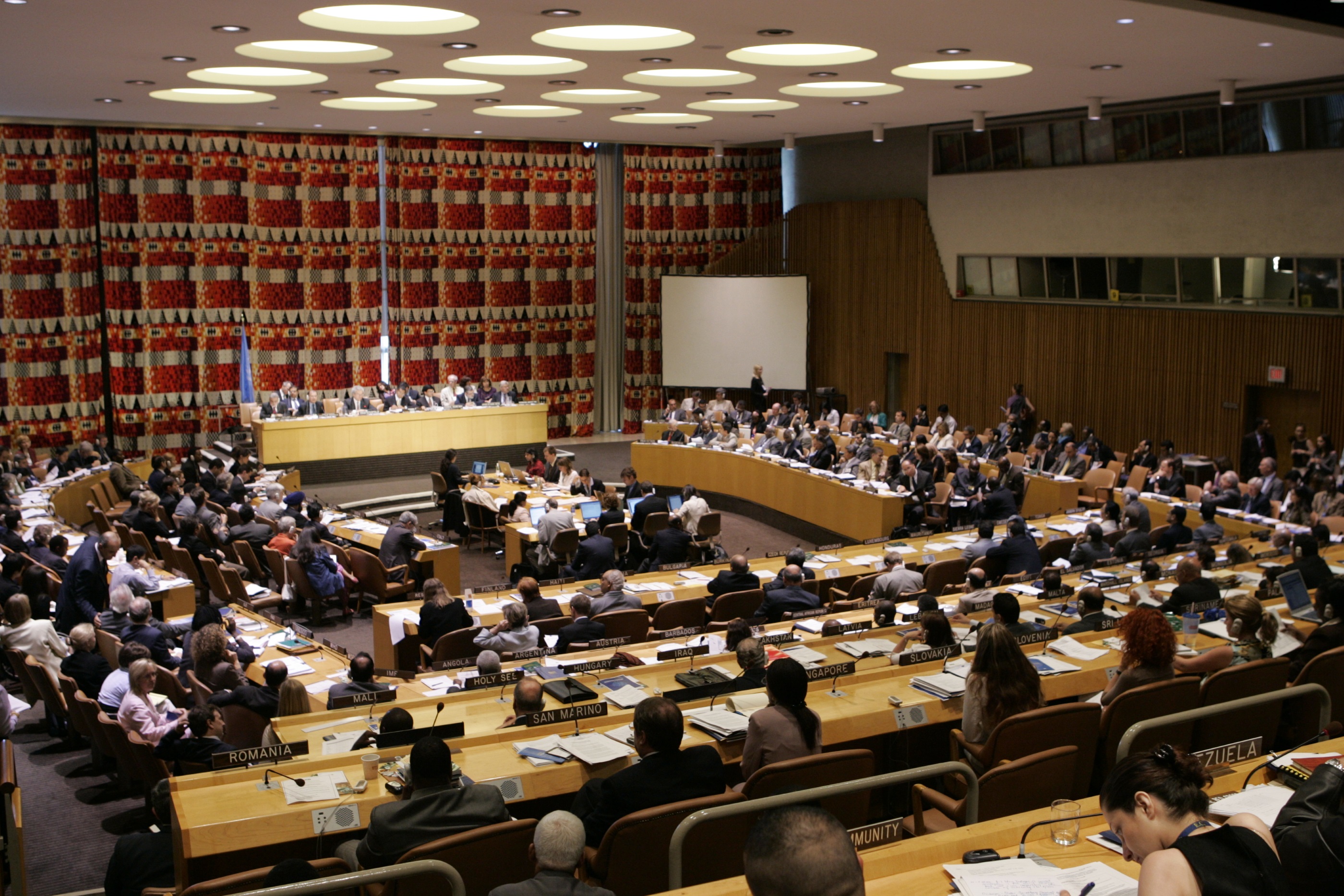Director
Jessica Lin
Jessica is currently a Grade 11 student at Crofton House School and is ecstatic to chair IBC at PacificMUN 2019. Since walking into her first committee session in Grade 8, in which she did not raise her placard a single time, Jessica has grown to love the diplomacy, debate, and collaboration that Model UN entails. A few years later, Jessica has finally found the courage to raise her placard (she has occasionally even been told to raise her placard a little less.) Outside of MUN, Jessica can regularly be found binge watching Suits, fretting over standardized tests, playing basketball, or volunteering throughout Vancouver. Jessica looks forward to witnessing a weekend of lively debate and fruitful discussion; she wishes all delegates the best of luck at PacificMUN 2019.



